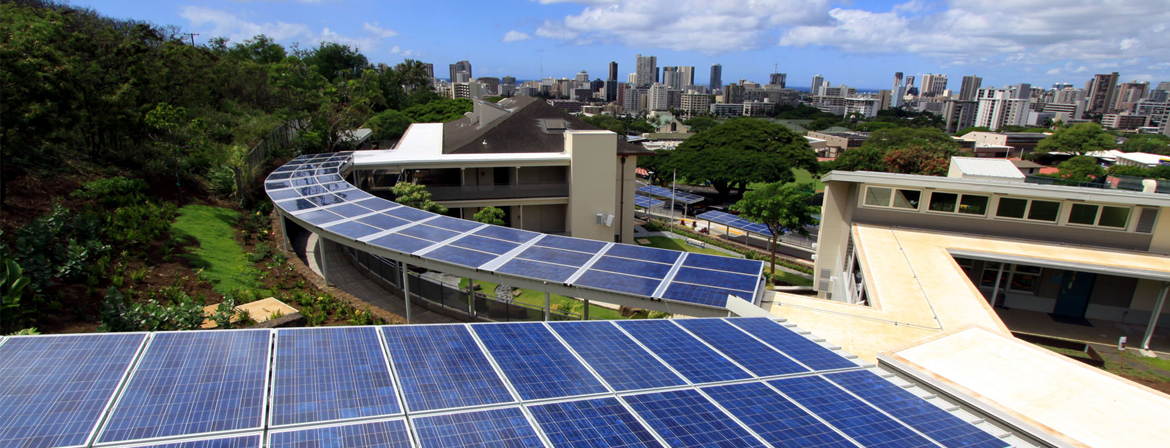"Consciousness" in Energy Conservation Behavior: An Exploratory Study
Heslop, L. A., Moran, L. & Cousineau, A. (1981). "Consciousness" in energy conservation behavior: An exploratory study. Journal of Consumer Research, 8, 3, 299-305.
Emotional Subtexts in Corporate Greening
Fineman, S. (1996). Emotional subtexts in corporate greening. Organization Studies, 17, 3, 479-500.
Thermal Comfort and Strategies for Energy Conservation
Rohles, F. H. (1981). Thermal comfort and strategies for energy conservation. Journal of Social Issues, 37, 2, 132-149.
An Experimental Analysis of Electricity Conservation Procedures
Palmer, M. H., Lloyd, M. E. & Lloyd, K. E. (1977). An experimental analysis of electricity conservation procedures. Journal of Applied Behavior Analysis, 10, 4, 665-671.
Public Policy and Consumer Information: Impact of the New Energy Labels
McNeill, D. L. & Wilkie, W. L. (1979). Public policy and consumer information: Impact of the new energy labels. Journal of Consumer Research, 6, 1, 1-11.
Characteristics of Nonopinion and No Opinion Response Groups
Faulkenberry, G. D. & Mason, R. (1978). Characteristics of nonopinion and no opinion response groups. Public Opinion Quarterly, 42, 4, 533-543.
Consumers' Attitudes toward Energy Conservation
Olsen, M. E. (1981). Consumers' attitudes toward energy conservation. Journal of Social Issues, 37, 2, 108-131.
Voluntary Response to Energy Conservation Appeals
Walker, J. M. (1980). Voluntary response to energy conservation appeals. Journal of Consumer Research, 7, 1, 88-92.
Using Group Contingencies to Reduce Natural Gas Consumption in Master Metered Apartments
Slavin, R. E. & Wodarski, J. S. (1977). Center for Social Organization of Schools Report, Johns Hopkins U. Using group contingencies to reduce natural gas consumption in master metered apartments. (pp. 16).
The Remorseless Working of Things: A Common Tragedy in Environmental Resource Management
Harris, C. L. (1979). The remorseless working of things: A common tragedy in environmental resource management. EDRA: Environmental Design Research Association, 10, 431-435.



